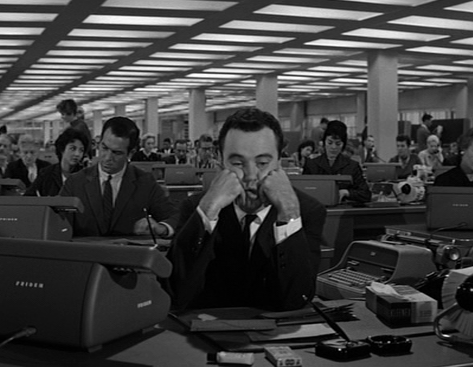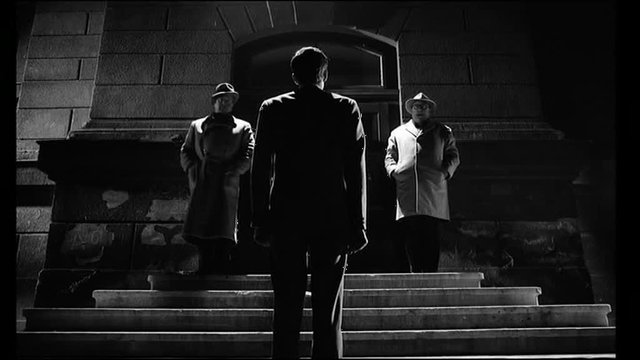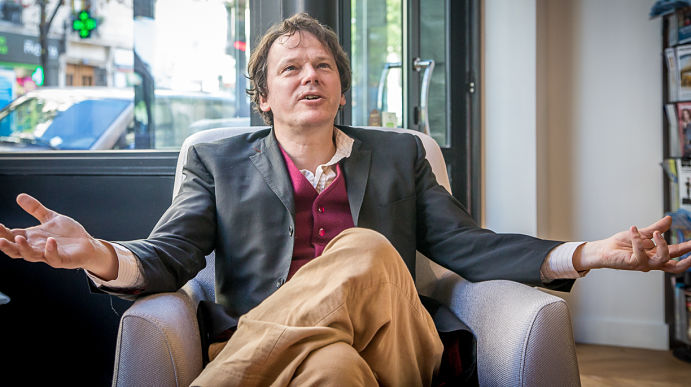(Bureaucracy and utopianism)

Bureaucracies public and private appear—for whatever historical reasons—to be organized in such a way as to guarantee that a significant proportion of actors will not be able to perform their tasks as expected.
It’s in this sense that I’ve said one can fairly say that bureaucracies are utopian forms of organization.

After all, is this not what we always say of utopians: that they have a naïve faith in the perfectibility of human nature and refuse to deal with humans as they actually are?
Which is, are we not also told, what leads them to set impossible standards and then blame the individuals for not living up to them?

But in fact all bureaucracies do this, insofar as they set demands they insist are reasonable, and then, on discovering that they are not reasonable (since a significant number of people will always be unable to perform as expected), conclude that the problem is not with the demands themselves but with the individual inadequacy of each particular human being who fails to live up to them.
from David Graeber's masterpiece 'The Utopia of Rules: On Technology, Stupidity, and the Secret Joys of Bureaucracy'
https://www.amazon.com/dp/1612195180/ref=cm_sw_r_tw_dp_x_CmGgAbH964MB4
Hi! I am a robot. I just upvoted you! I found similar content that readers might be interested in:
https://clarotesting.wordpress.com/2016/04/04/david-graebers-the-utopia-of-rules-on-technology-stupidity-and-the-secret-joys-of-bureaucracy/
Downvoting a post can decrease pending rewards and make it less visible. Common reasons:
Submit
It's like that Escher painting where people are climbing up a stairs and returning to where they started. That is the perfect image of bureaucracy. All movement, no effectiveness.
Downvoting a post can decrease pending rewards and make it less visible. Common reasons:
Submit